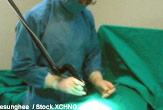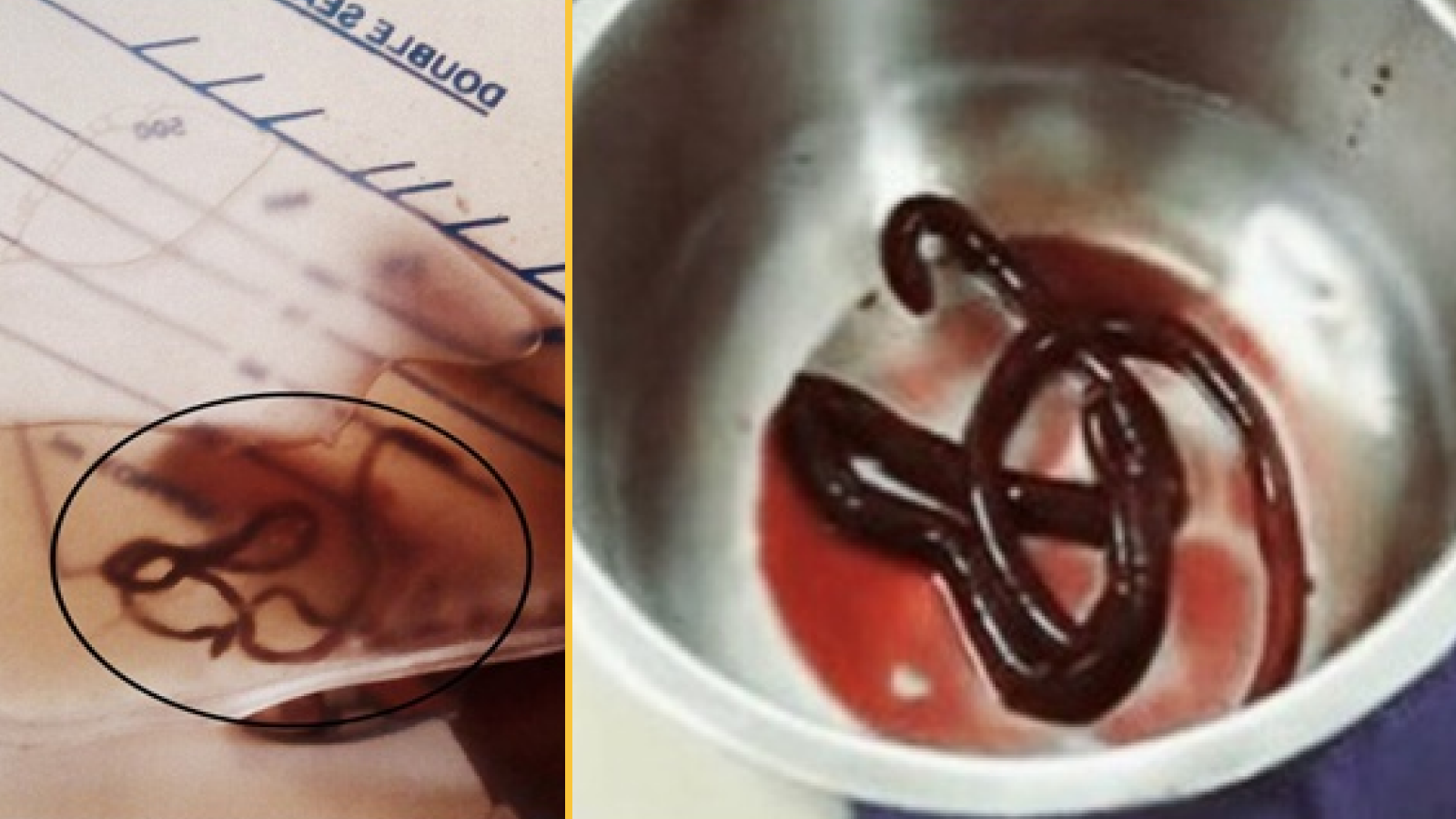Will Uterus Transplant Succeed? Exclusive Q&A with Surgeon's Collaborator

Next spring, a British woman is set to become the first person in the world to donate her uterus to her daughter. If the procedure works, it will be the first successful uterus transplant in the world, researchers say, and only the second time the operation has been done.
The procedure is complex, and there's a lot at stake, said Dr. Andreas Tzakis, professor and director of the transplant program at the University of Miami Miller School of Medicine. Tzakis, who may participate in this operation, has worked with Dr. Mats Brannstrom, the Swedish surgeon who will head the transplant.
"This is the one transplant that can have a 300 percent mortality rate," Tzakis said, explaining that the operation poses risks to the mother and the daughter, and the fact that a baby could later inhabit the womb.
"The responsibility of carrying out the transplantation is a pretty heavy load on everybody," he said.
But he thinks the procedure is likely to be a success.
"If we didn’t think we'd be successful, we wouldn't try it," Tzakis told MyHealthNewsDaily.
We asked Tzakis to answer some questions about the operation.
Sign up for the Live Science daily newsletter now
Get the world’s most fascinating discoveries delivered straight to your inbox.
Q: Doctors have been doing transplants for years — what's so tricky about a uterus transplant that it hasn't worked yet?
The procedure is technically challenging, Tzakis said. The uterus needs to be properly connected to the body's veins and arteries to make sure the organ has an adequate blood supply. Making these "hookups" can be difficult, Tzakis said.
Further, the uterus needs to be placed in the right position to be able to function in reproduction, he said.
And the uterus is located deep inside the pelvis, which makes it somewhat more difficult to access.
One challenge in developing the procedure was the difficulty in finding the right animal model to test the transplant, Tzakis said. There is a lot of variation between the uteri of different species. Tzakis has tested the uterine transplant procedure in pigs, but the operation will be different in people.
Finally, because the operation is not a "life or death" procedure, surgeons need to be quite certain they are going to be successful before performing it, Tzakis said.
There is a risk of hemorrhage, Tzakis said, but because the blood vessels involved in the connections are small, "I don't think that hemorrhage is going to be a major problem," he said.
Q: Why have previous attempts failed?
There was one previous attempt to transplant a uterus to a woman in Saudi Arabia in 2000. The procedure may have failed because of problems with the blood supply to the uterus, Tzakis said, who was not involved in that operation. If the organ starts to be rejected by the body, it can slow the blood flow to the uterus and increase the chance of failure, Tzakis said.
Q: Is an older woman's uterus any less functional? Are there advantages to having the donor be the mother?
The mother's age, 56, is within the range that is acceptable, Tzakis said.
And because mother and daughter are family and their tissues are matched, it is much less likely the organ will be rejected in the long term, Tzakis said.
It might be possible to find a uterus in better general condition from a younger, deceased donor, Tzakis said. But because such a donor would not be family, the tissue matching might not be as perfect as with the mother, he said. In addition, a transplant from a deceased donor would have to be done as soon as the organ became available, so the timing of the surgery could not be controlled, Tzakis said.
Q: Why do this procedure?
"You can argue that a person can live with a deformed face or without a forearm or without a uterus or without a larynx," Tzakis said. "And certainly a lot of people live that way."
But "there is segment of [the population] that consider life in this condition intolerable, or very incomplete, and they strive to correct this difference," he said.
"It's not easy, but it's very important," Tzakis said of the operation.
Q: What's the hardest organ to transplant?
"I would say every organ we transplant has certain challenges," Tzakis said.
"When the techniques of the other organ transplants were developed, failure happened quite frequently, but it was understood," he said.
But in today's environment, failure is less acceptable, Tzakis said.
"In this particular area, in this particular time, failure is not an option," Tzakis said. "We can't fail," he said.
"That’s one reason why Dr. Brannstrom and other investigators are going through every possible step to make sure when we try it in humans, we're not going to fail."
This story was provided by MyHealthNewsDaily, a sister site to LiveScience. Follow MyHealthNewsDaily staff writer Rachael Rettner on Twitter @RachaelRettner.

Rachael is a Live Science contributor, and was a former channel editor and senior writer for Live Science between 2010 and 2022. She has a master's degree in journalism from New York University's Science, Health and Environmental Reporting Program. She also holds a B.S. in molecular biology and an M.S. in biology from the University of California, San Diego. Her work has appeared in Scienceline, The Washington Post and Scientific American.










